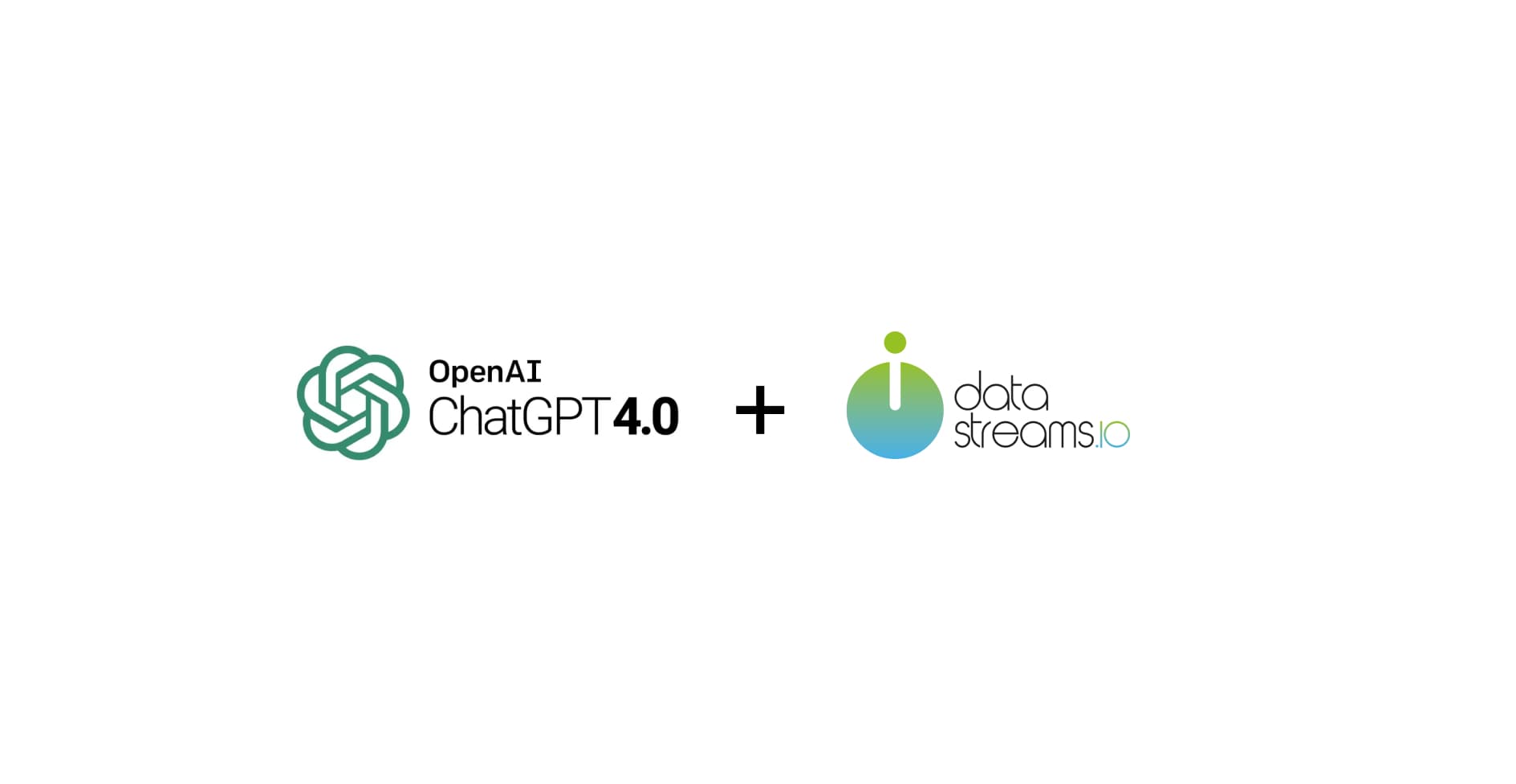This article was co-authored with ChatGPT to prove that AI can be a writer’s best friend–especially when deadline day looms.
With an overwhelming majority, 523-46, on March 13, 2024, the European Union passed the Artificial Intelligence Act, firmly establishing itself as the global frontrunner in AI regulation. This landmark legislation is expected to have a far-reaching extraterritorial influence, potentially establishing the de facto international standard for AI governance.
We are at the forefront of an Artificial Intelligence (AI) revolution, where the capabilities of AI and Machine Learning are opening doors to opportunities once thought to be beyond reach. However, like with any disruptive technology, their potential will be largely dependent on the regulatory framework that underscores their use. As we navigate this transformative era, it’s crucial to recognize that the effectiveness and reliability of AI systems hinge not just on the sophistication of their algorithms or the regulatory environment they operate within, but fundamentally on the integrity and quality of the data they are trained on.
Whilst the AI Act does not focus on ‘data quality’, it does require high-quality data sets for training, validation and testing of AI systems—especially where a High Risk AI is involved. It also clarifies that the Act should be read in accordance with the General Data Protection Regulation (GDPR), which will be applicable where personal data processing is present. With the Act on the horizon and all its uncertainties, you’re probably wondering how to get your data up to scratch for those ‘data quality requirements’.
Enter Datastreams, a Regulation Technology company poised to guide businesses through this intricate regulatory landscape. It equips organizations with the necessary tools to ensure that their data is not only of the highest quality but also managed and utilized within the secure confines of privacy laws. Yet, How can Datastreams assist in preparing for its enforcement?
Understanding the AI Act
The AI Act introduces a nuanced, top down risk-based approach, systematically classifying AI systems into various risk categories. This framework mandates specific obligations tailored to the potential impact and risk level of each AI system. By demarcating unacceptable practices—such as manipulative technologies and unauthorized surveillance, explicitly banned under Article 5—the Act safeguards fundamental human safety and rights.

Emphasis is particularly placed on high-risk AI systems, as outlined in Article 6. Systems within critical sectors, including healthcare and law enforcement, are subjected to a rigorous compliance protocol, encompassing risk management (Article 8), exemplary data governance (Article 10), and thorough, up-to-date technical documentation. The Act’s requirements for transparency and clarity in these systems aim to facilitate human oversight and ensure they are built for precision, durability, and cybersecurity, marrying the benefits of AI with indispensable safety and accountability measures.
Expanding on transparency (Article 50), the Act mandates explicit disclosures for AI systems interacting with people or generating synthetic content, addressing the ethical concerns around deepfakes and information manipulation. Article 51 scrutinizes general-purpose AI models for their adherence to EU copyright laws and the assessment of systemic risks, showcasing the EU’s commitment to ethical AI innovation. Chapter VI further demonstrates this commitment through innovation-friendly measures like regulatory sandboxing, underscoring the EU’s ambitious vision for a balanced AI ecosystem.
The Act’s extensive scope envelops a broad spectrum of stakeholders within the AI value chain, extending its reach beyond the EU to ensure global compliance for any AI output affecting EU citizens. This extraterritorial application is a stride towards establishing global AI regulation norms, mirroring the GDPR’s influence on data protection. Non-compliance carries stringent sanctions, potentially exceeding GDPR penalties, and reaching €35 Million or up to 7% of worldwide turnover (Article 99). This highlights the Act’s rigorous enforcement strategy, which seeks to foster innovation while ensuring AI’s responsible evolution.
Data Quality and Governance Under the AI Act
When it comes to data governance and management, the Act states that training, validation and, testing data sets for high-risk AI systems shall be subject to high-data quality requirements. Article 10 outlines the data government requirements, which cover:
- Gathering data and preparing it through tasks such as annotating, labelling, cleansing, enhancing, and compiling
- Information about the data, including assumptions made, interpretations, and key definitions
- Evaluating the quality of data, identifying any biases present, and rectifying any problems with the data
Furthermore, the technical documentation for a high-risk AI system must detail:
- Specifications on data needs, including their characteristics and constraints
- Origins, extent, and key features of the datasets utilized for training
- Techniques employed for data purification, such as identifying and handling outliers
Additionally, Article 17 requires high-risk systems to be documented meticulously, encapsulating data management procedures and systems within written policies and instructions.
Organizations must now embed stringent data management practices and maintain evidence of these processes as part of the AI system’s technical documentation, as per Annex IV. This directive introduces complexities and uncertainties regarding the practical implementation of data quality standards. However, tools like Datastreams emerge as essential allies in navigating these evolving requirements efficiently, offering a pathway to compliance and quality assurance in the AI landscape.
Why is data quality important and how can Datastreams help?
In a landscape increasingly governed by data-driven decisions, the integrity and quality of data underpinning AI systems have never been more critical. High data quality ensures AI systems’ reliability, fairness, and effectiveness, pivotal for gaining user trust and meeting regulatory standards. Datastreams stand at the forefront of addressing these challenges, providing a robust framework for enhancing data quality and compliance, thereby ensuring that organizations can meet the AI Act’s stringent requirements and harness the full potential of AI technologies responsibly.
Our platform is built on an innovative acyclic graph of data operations. This design ensures that data is processed in a logical, transparent manner, facilitating quick and accurate decisions without sacrificing privacy or security. It’s this combination of swift data handling and uncompromised compliance that makes Datastreams an essential tool for organizations striving to align with AI Act requirements.
Datastreams not only secures sensitive information through stringent privacy controls but also provides agile solutions that integrate seamlessly with your existing business and IT infrastructure. Our approach to data management guarantees that your AI systems are built on a foundation of high-quality data, vital for the accuracy and reliability required under the AI Act.
Moreover, our Quality Assurance features offer real-time validation and alerting, ensuring that all data flowing into your AI systems is of the highest integrity. This is especially critical for maintaining the effectiveness of marketing campaigns and web analytics, which are often jeopardized by inconsistent data quality due to the myriad of devices, browsers, and user settings. With Datastreams, you can gain confidence in your data, ensuring that every decision made by your AI systems is informed, precise, and compliant with regulatory standards.
Datastreams empowers you to take control of your AI projects, offering detailed diagnostics and monitoring to identify and correct outliers in real-time. Our comprehensive integrations facilitate forward-compliant connections with any system, ensuring that your AI initiatives are not only compliant with the AI Act but also poised for success in a competitive digital ecosystem.
In conclusion, Datastreams offers a comprehensive suite of tools and services designed to ensure that your AI systems are built on a foundation of high-quality, compliant data. By leveraging our expertise, technology, and commitment to data integrity, your organization can confidently navigate the requirements of the AI Act, turning regulatory compliance into a strategic advantage.


 Feel free to contact me, and I will be more than happy to answer all of your questions.
Feel free to contact me, and I will be more than happy to answer all of your questions.